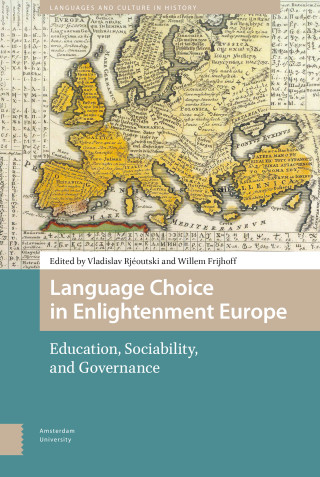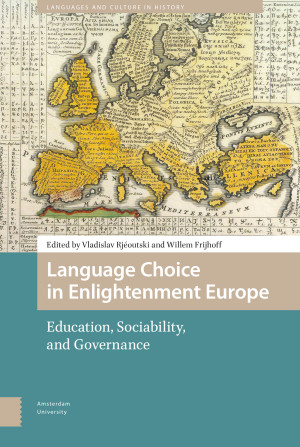Dr. Vladislav Rjéoutski, research fellow at the German Historical Institute in Moscow. Co-director of the DFG-funded research project on the languages of diplomacy in the eighteenth-century Russia, co-author (with Derek Offord and Gesine Argent) of: The French Language in Russia. A Social, Political, Cultural, and Literary History (Amsterdam: AUP, 2018).

